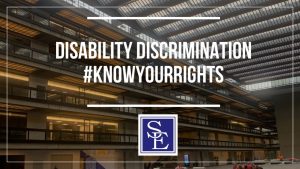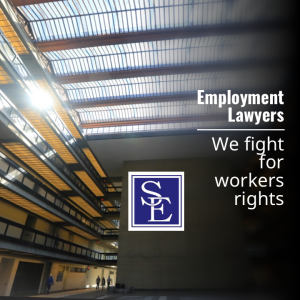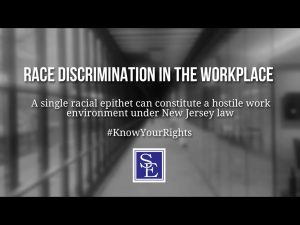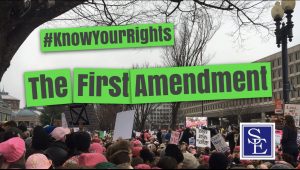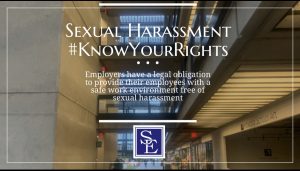Nationwide, courts have responded to COVID-19-related lawsuits and made novel decisions pertaining to cases arising from the failure to follow state and federal executive orders. Most recently, the New Jersey Superior Court denied a Defendant’s motion to dismiss for a lawsuit alleging assault and the infliction of emotional distress after she refused to follow the New Jersey mask mandate. In denying her motion to dismiss, the New Jersey court voiced its opinion that Free Speech under the First Amendment does not extend to “maskless tirades”, especially during the peak of a global pandemic.
In November of 2020, Lilach Kuhn, the defendant, entered Citibank’s Englewood, NJ branch without a mask in direct violation of Executive Order 122, enacted in April 2020, requiring face coverings in public spaces in an attempt to slow the spread of COVID-19. Plaintiff, bank employee Sanaa Rami, approached Kuhn and reminded her of the requirement to wear a face covering. Ms. Rami was concerned for her own and others’ health and safety. In a viral video recorded by onlookers of the incident, the Defendant erupted in a fit of rage directed at Ms. Rami and refused to adhere to the face-covering mandate. shouted at Ms. Rami saying “I am going to court to fight masks and you are not going to tell me what to do,” and “You work for me! I do not work for you! I have been a customer since 1990. Were you born then? Shame on you!.” When Rami offered to get her a clean mask, Defendant responded yelling, “Don’t make me wear your mask! Are you trying to kill me? What happens if you have corona[virus]?” and “I am a scientist! There is no corona[virus]!”
First Amendment rights have been referenced in arguments throughout the nation in response to and challenging COVID-19 health and safety mandates , including the constitutionality of mandatory mask mandates. During the height of the COVID-19 pandemic, many public health officials and politicians urged or required citizens to wear face-coverings to help slow the spread of the COVID-19 virus. One of the most common arguments against these mask mandates is that they infringed on the individual’s Freedom of Speech under the First Amendment. The First Amendment protects freedom of speech, press, petition, assembly and religion. This includes the right to express one’s opinions without government censorship or restraint. Freedom of speech does not include the right to incite actions that would harm others such as, as the Supreme Court famously opined in Schenck v. United States, shouting fire in a crowded theater. Accordingly, the right does not extend protection to obscenity, fighting words, and true threats.
 New Jersey Employment Lawyers Blog
New Jersey Employment Lawyers Blog







